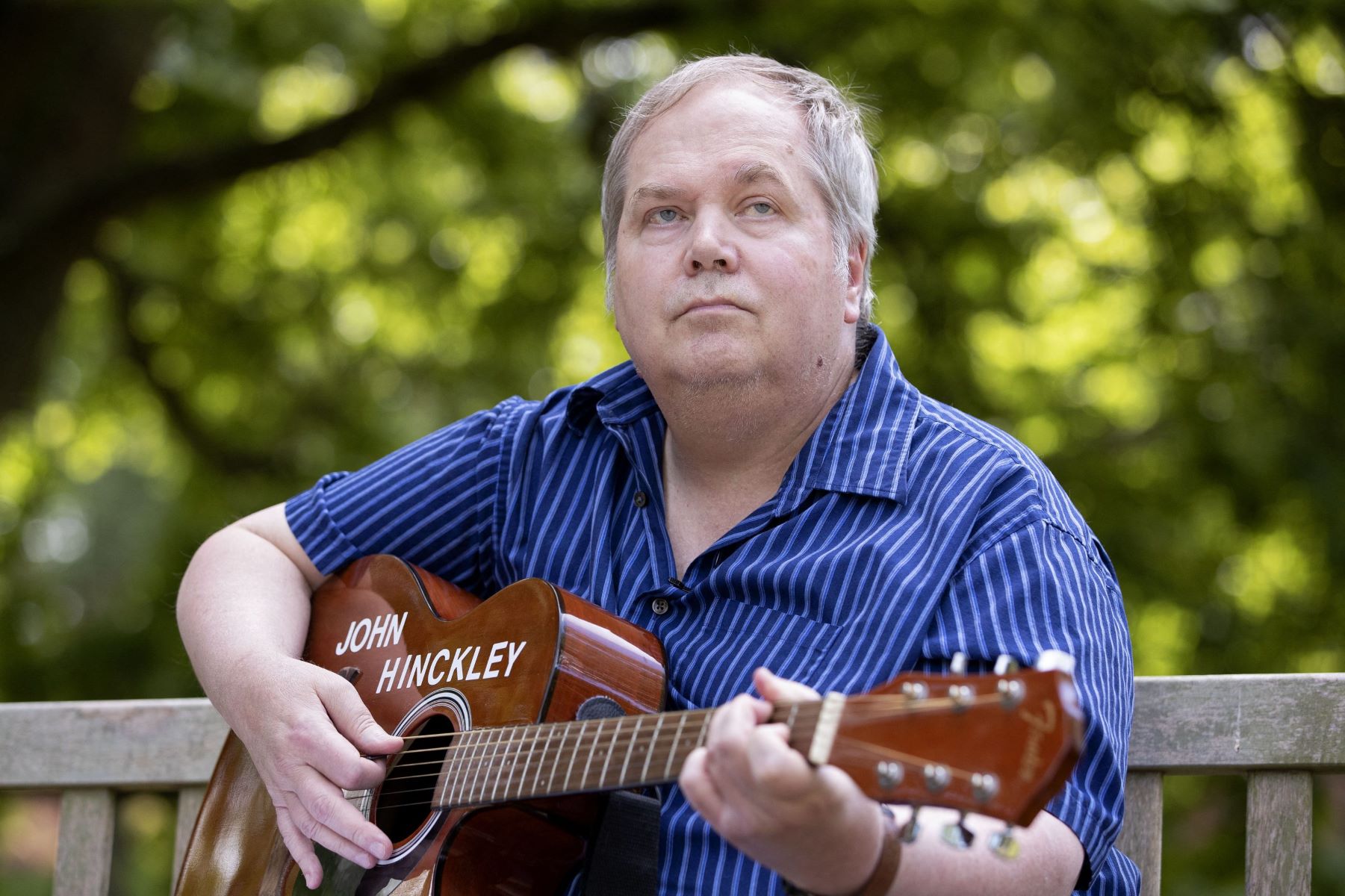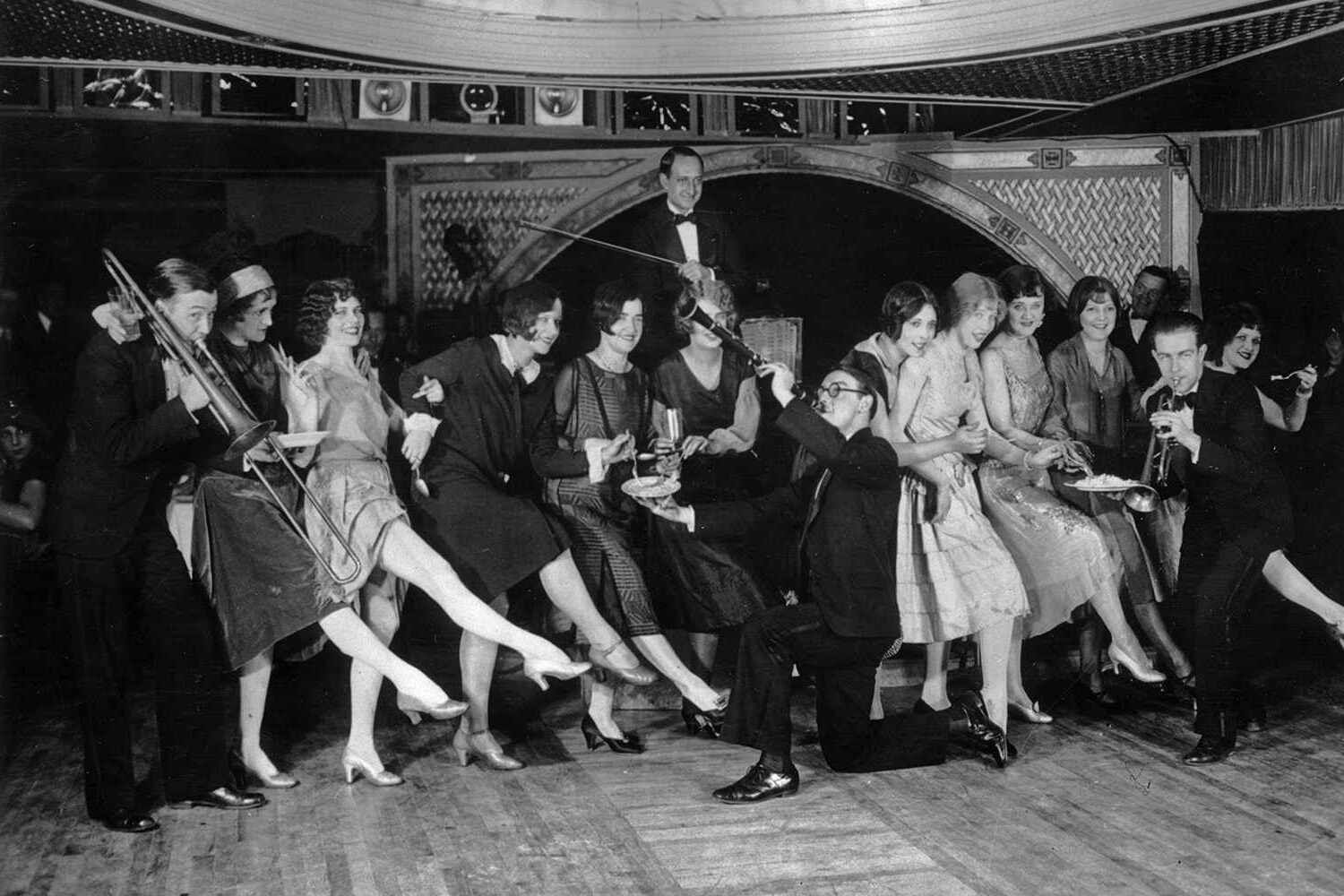
Who is John Hinckley Jr.? John Hinckley Jr. is best known for his attempted assassination of President Ronald Reagan in 1981. This shocking event was driven by his obsession with actress Jodie Foster. Hinckley’s actions left Reagan and three others injured, sparking a national conversation about mental health and security. After his trial, where he was found not guilty by reason of insanity, Hinckley spent decades in a psychiatric hospital. In recent years, he has been released under strict conditions. This post dives into 35 intriguing facts about Hinckley’s life, his motivations, and the aftermath of his infamous act.
Key Takeaways:
- John Hinckley Jr. grew up in a wealthy family and developed an obsession with actress Jodie Foster, leading to his infamous assassination attempt on President Ronald Reagan.
- Found not guilty by reason of insanity, Hinckley spent over three decades in a mental health facility before being released under strict conditions in 2016. His actions sparked debates and led to changes in the legal system.
Early Life and Background
John Hinckley Jr. is a name that resonates with a significant event in American history. His life before that moment is equally intriguing.
- Born on May 29, 1955, in Ardmore, Oklahoma, Hinckley grew up in a wealthy family.
- His father, John Warnock Hinckley Sr., was the chairman and president of the Vanderbilt Energy Corporation.
- Hinckley attended Highland Park High School in Dallas, Texas, where he was an average student.
- He later enrolled at Texas Tech University but dropped out before completing his degree.
- During his youth, Hinckley developed an obsession with the movie "Taxi Driver" and its main character, Travis Bickle.
The Obsession with Jodie Foster
Hinckley's fixation on actress Jodie Foster played a crucial role in his actions. This obsession began during his college years.
- After watching "Taxi Driver," Hinckley became infatuated with Jodie Foster, who played a young prostitute in the film.
- He started writing letters and poems to Foster, believing they had a special connection.
- Hinckley even moved to New Haven, Connecticut, to be closer to Foster while she attended Yale University.
- Despite his efforts, Foster never responded to his advances, which only fueled his obsession further.
- He believed that by committing a grand act, he could win her affection.
The Assassination Attempt
The most infamous chapter of Hinckley's life unfolded on March 30, 1981, when he attempted to assassinate President Ronald Reagan.
- Hinckley fired six shots at President Reagan outside the Washington Hilton Hotel.
- The bullets hit Reagan, Press Secretary James Brady, Secret Service agent Tim McCarthy, and police officer Thomas Delahanty.
- Reagan was seriously injured but survived the attack.
- James Brady suffered a severe head wound, leaving him permanently disabled.
- Hinckley was immediately apprehended at the scene by Secret Service agents.
The Trial and Verdict
Hinckley's trial was a highly publicized event, drawing attention to his mental state and the legal system's handling of such cases.
- He was charged with 13 offenses, including the attempted assassination of the President.
- Hinckley's defense team argued that he was insane at the time of the shooting.
- On June 21, 1982, a jury found Hinckley not guilty by reason of insanity.
- This verdict led to widespread public outrage and calls for changes in the insanity defense laws.
- Following the trial, Hinckley was committed to St. Elizabeths Hospital, a psychiatric facility in Washington, D.C.
Life in Psychiatric Care
Hinckley's life after the trial was spent under strict supervision in a mental health facility.
- He remained at St. Elizabeths Hospital for over three decades.
- During his time there, Hinckley underwent various forms of therapy and treatment.
- He was allowed limited supervised visits with his family starting in the early 2000s.
- Hinckley's mental health reportedly improved over the years, leading to gradual increases in his freedoms.
- In 2016, a federal judge ruled that Hinckley could be released from the hospital under strict conditions.
Release and Current Life
Hinckley's release marked a new chapter in his life, filled with restrictions and ongoing monitoring.
- He was released from St. Elizabeths Hospital on September 10, 2016.
- Hinckley moved to Williamsburg, Virginia, to live with his mother.
- His release conditions included regular mental health check-ups and restrictions on travel.
- Hinckley was prohibited from contacting his victims or their families.
- He was also banned from using social media or the internet without supervision.
Public Perception and Legacy
Hinckley's actions and subsequent trial left a lasting impact on American society and the legal system.
- The assassination attempt led to the creation of the Brady Handgun Violence Prevention Act, named after James Brady.
- This law mandated federal background checks on firearm purchasers in the United States.
- Hinckley's case sparked debates about the insanity defense and its application in criminal trials.
- His story has been the subject of numerous books, documentaries, and films.
- Despite his release, Hinckley remains a controversial figure, with many people still holding strong opinions about his actions and their consequences.
Reflecting on John Hinckley Jr.'s Impact
John Hinckley Jr.'s actions left a lasting mark on American history. His attempt to assassinate President Ronald Reagan in 1981 not only changed the lives of those directly involved but also led to significant changes in security protocols and mental health laws. Hinckley's case highlighted the complexities of mental illness and its impact on criminal behavior. Over the years, his story has been a subject of debate, with discussions about justice, rehabilitation, and public safety. As Hinckley continues to live under strict conditions, his life serves as a reminder of the delicate balance between protecting society and addressing mental health issues. Understanding his story helps us grasp the broader implications of such events on our legal and healthcare systems.
Frequently Asked Questions
Was this page helpful?
Our commitment to delivering trustworthy and engaging content is at the heart of what we do. Each fact on our site is contributed by real users like you, bringing a wealth of diverse insights and information. To ensure the highest standards of accuracy and reliability, our dedicated editors meticulously review each submission. This process guarantees that the facts we share are not only fascinating but also credible. Trust in our commitment to quality and authenticity as you explore and learn with us.


